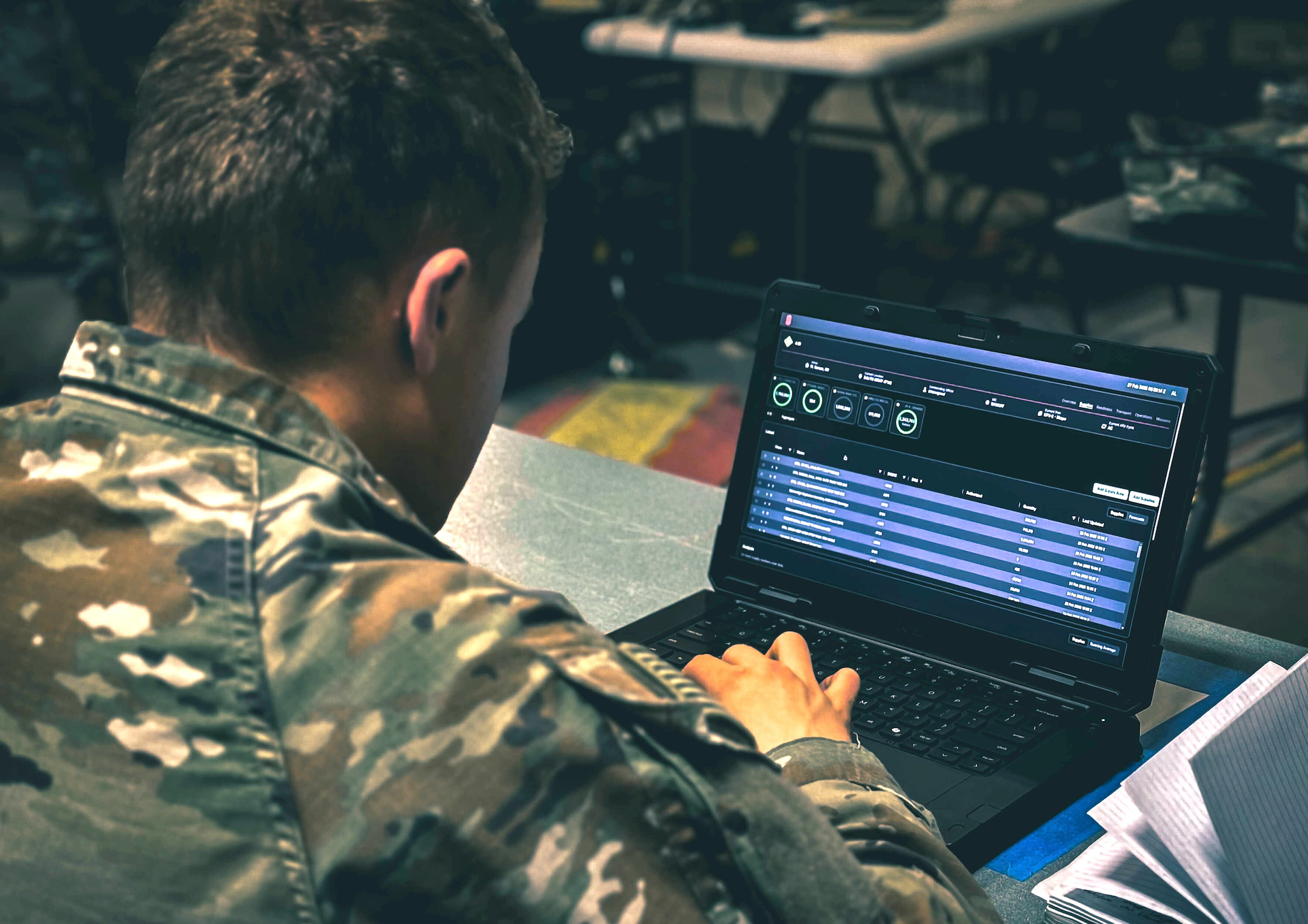
As defense tech attracts increasing investment amid rising global tensions, many startups focus on weapons systems and combat hardware. Rune Technologies, however, is zeroing in on a critical but often ignored domain: military logistics.
Founded by former Anduril employees and military veterans, the startup has just secured $24 million in Series A funding to bring modern AI-driven software into the back-office trenches of defense operations.
Moving Beyond Excel and Whiteboards
Rune Technologies’s flagship platform, TyrOS, is designed to replace outdated logistics methods—still dominated by Excel sheets and whiteboards—with intelligent, autonomous systems. The software integrates deep learning models to forecast supply chain variables such as personnel, equipment, transport, and more. “The U.S. military runs on Excel spreadsheets and whiteboards and manual processes right now,” co-founder David Tuttle told TechCrunch. “Logistics is never the sexiest part of the military.”
TyrOS is engineered to function even in harsh environments—think a disconnected laptop in the jungle—thanks to an edge-first architecture. It’s “cloud-capable but not cloud-required,” meaning it can sync when a connection is reestablished, but doesn’t rely on constant cloud access.
High-Profile Backing and Pilot Deployments
The Series A round was led by Human Capital, with participation from a16z, Point72 Ventures, Pax VC, Forward Deployed VC, XYZ Venture Capital, and Washington Harbour Partners. Rune’s system is already undergoing pilot deployments with the U.S. Army and Marine Corps.
With this capital, Rune Technologies aims to expand TyrOS across more branches of the military and continue enhancing its capabilities. That includes integrating generative AI for “course of action generation,” which enables real-time strategic decision-making based on vast datasets.
Built for Battlefield Scale and Speed
Rune’s team—two-thirds of whom are veterans—is focused on how modern warfare demands rapid, large-scale logistical coordination. Tuttle cites the war in Ukraine as an example of how high munitions consumption rates and dynamic supply needs “break human-centric and analog-centric processes.”
TyrOS aims to bridge this gap with capabilities like forecasting shortages, rerouting around damaged infrastructure, and planning aircraft loads with mathematical precision. While generative AI is being added, some tasks still rely on optimization algorithms to ensure accuracy.
Partnering with Defense Giants
Rune Technologies isn’t operating in a vacuum. The company is already collaborating with Palantir through its Defense Ontology Software Development Kit (OSDK) and was selected for Palantir’s Startup Fellowship. Its founders also maintain ties to Anduril and Palantir, potentially unlocking future partnership opportunities.
Ultimately, Rune Technologies hopes to influence decisions beyond the battlefield. “I’m worried about how this might impact production decisions back in the defense industrial base,” Tuttle explained. Rune’s long-term vision is to connect tactical-level data to strategic production, reshaping the military’s supply chain from the ground up.


